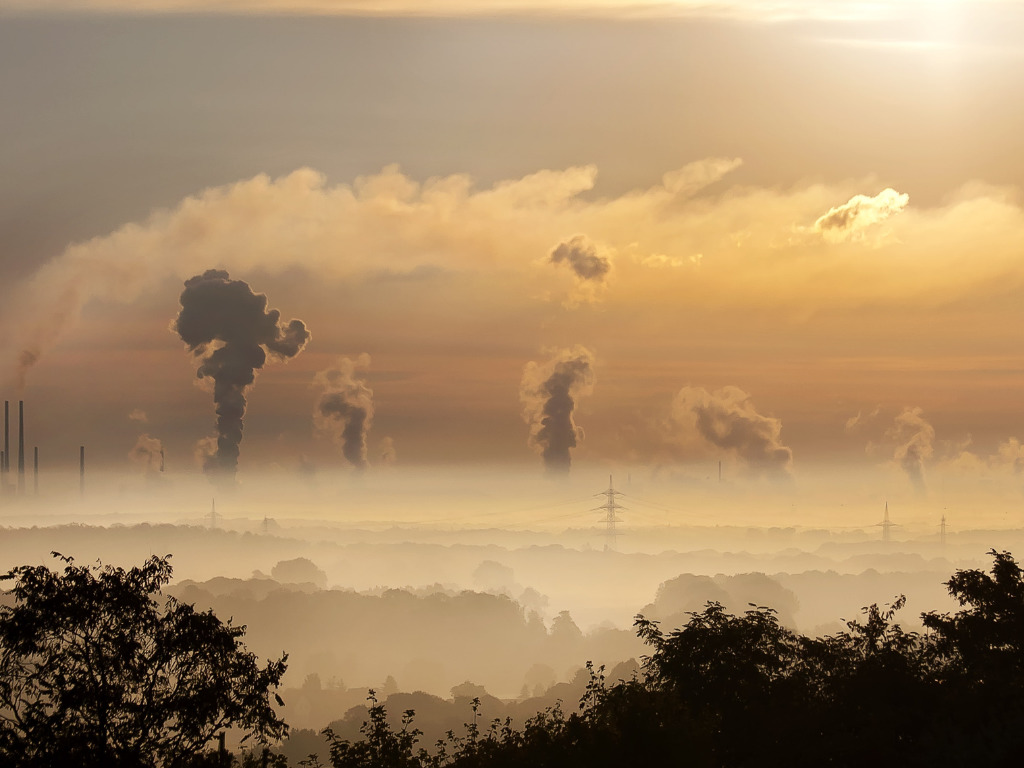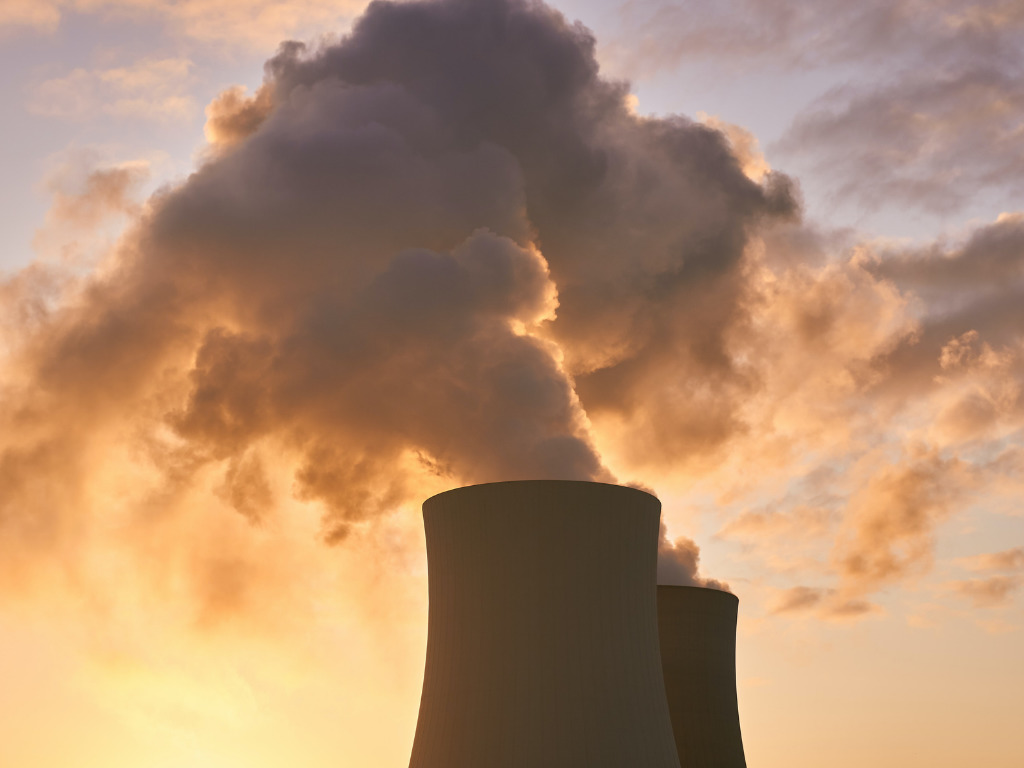Shifting Asia-Pacific Away From Fossil Fuels ‘Essential’, Says UN Deputy Secretary-General
3 Mins Read
A shift away from fossil fuels, especially coal, particularly in Asia-Pacific countries is essential, U.N. Deputy Secretary-General Amina Mohammed said during the Asia-Pacific Forum on Sustainable Development on Monday in Bangkok.
“Moving away from coal and fossil fuels in a region that accounts for 75 percent of global coal-fired generation capacity will not be easy. But it is essential for our common future, and it is financially and technologically possible,” Amina Mohammed said to an audience of governments and key stakeholders from the private sector, as well as youth and civil society representatives representing Asia-Pacific countries.
Coal is the leading producer of CO2 emissions, accounting for about 40 percent. There are currently more than 8,500 coal power plants across the planet, producing one-third of all electricity.
According to Mohammed, investments and urgent action are needed to help facilitate the transition to renewable energy sources and help developing countries better protect themselves from the impact of climate change.
Climate impact
“The latest IPCC [Intergovernmental Panel on Climate Change] report laid out an atlas of human suffering—particularly across the Asia-Pacific region, where the very existence of entire nations is threatened by rising sea-levels and where we will see vulnerabilities grow with increased flooding, heat waves, drought and extreme weather events,” Mohammed said.

Rising oil and gas prices could put further pressure on developing countries, Mohammed said, and debt burdens are also a consideration.
According to the UN Economic and Social Commission for Asia and the Pacific (ESCAP), the region is already struggling to make the 2030 sustainable development goals. The five SDGs have been “limited or even stagnated in some cases”, Armida Salsiah Alisjahbana, Executive Secretary of ESCAP said during the event.
“Regrettably, the region has even regressed on others, including those on sustainable consumption and production, and climate action.” Alisjahbana urged governments to better align their strategies with the 2030 Agenda for Sustainable Development.
Last month, a report found that after the world’s leading financial institutions pledged to go net-zero, they underwrote more than $1.5 trillion in debts for the coal industry in just two years. China funded the most—all of the top ten banks identified in the report were Chinese, funding more than $57 billion.
Climate action
Earlier this month Mumbai announced aggressive climate plans saying time was no longer a luxury in the fight to keep temperatures below the 1.5°C rise as outlined by the Paris Climate Accord. It’s planning to be net-zero by 2050. The city estimates that not taking action in the fight against climate change will cost the Indian metropolis nearly $1 billion.

The U.N. push comes after leading Dutch lender ING Groep announced that it is moving away from funding fossil fuel projects and putting focus instead on renewable resources. It’s part of the lender’s sustainability commitments and makes it the largest bank in the world to pledge to phase out gas and oil.
“Decarbonisation of the energy system … is of almost existential importance, but so is affordable energy and reliable supply of energy,” Global Head of Energy at ING Bank, Michiel de Haan said.
“We can make the decision to discontinue our involvement in new greenfields, but we (will) continue our existing involvement in oil and gas across the world because we need to meet those other two targets.”
Photo by Markus Distelrath via Pexels




